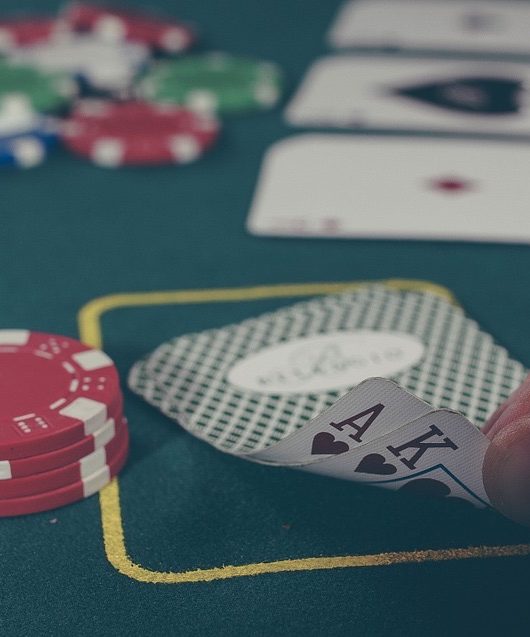Roger Wolfson – The Keys to a Great TV Story

In case any of you missed it we want to bring you some of the highlights from a recent webinar from some of the best writers in the TV industry about the things that you need to know about writing a story. Tis was a great webinar which brought heavyweights like Roger Wolfson (Saving Grace, Fairly Legal) to share some of their ideas and concepts around creating a great TV story. If you have dreams of one day becoming a TV writer or you believe that you have what it takes but wish to brush up, these are the takeaways around what it is to write a great TV story.
Depth of Characters
The overwhelming message here was to create real depth with the characters in oder to make the plot and the storyline more interesting and more relatable. The key to creating a character is not just looking at how they look or dress, it is about how they act, what personality traits they have, what their history is and how they came to be here. Understanding as much as you can about a character enables you to make future plots and connections in the story.
Ending
Unlike writing a book, a movie or a play, a TV show doesn’t really have to have an ending. Many of the writers said that they always had an ending in mind, but much of it would have been determined by whether or not the TV network wished to continue the story or not. To this end the most important thing for you to be thinking about at this stage is to create a great plot, introduce some amazing characters, perhaps have an idea of how things may end, but be flexible with the plan in case it happens to continue on for longer than you thought. A great tip here would be to have multiple endings for your story.
Bang Bang
Something else which you need more so in a TV story than any other type of story are important moments, which happen frequently. Now this is not a play so you don’t have to focus on every single scene having a moment, but every episode should have twists and turns in order to keep the viewer excited.
Slow Burning
The art of TV writing is balance and that is why along with those bang bang moments, there should always be plots which are bubbling underneath the surface. This could be anything from a whodunnit to understanding why someone is a certain way. You have to keep the audience guessing all the way through and ensure that they keep on coming back to find out the truth about what is going on.
The key to a great TV story is fluidity and learning how to get the adenine interested and then how to keep the audience interested, do this and you could very well have a great piece of work in front of you.









